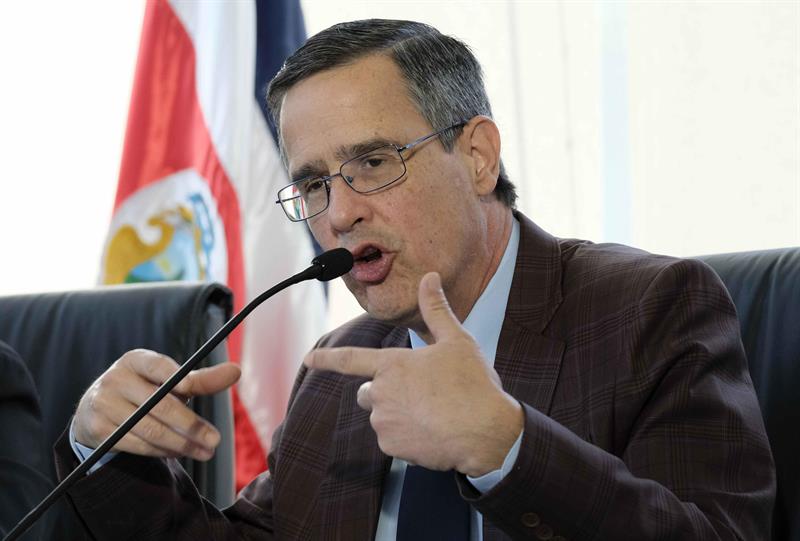RIO DE JANEIRO, BRAZIL – Costa Rica officially started this Wednesday (6) the path towards the presidential elections of February 6, 2022, a process in which 27 candidates will participate, the greatest number in history of the Central American country.
The Supreme Electoral Tribunal (TSE) carried out the solemn act with which it officially convened the presidential elections. The 3.5 million Costa Ricans qualified to vote will also elect the 57 deputies of the Legislative Assembly.
Read also: Check out our coverage on Costa Rica
The term of office of the president and the deputies is for four years, from May 2022 to May 2026.

The official act was attended by the president of the country, Carlos Alvarado; the president of the Legislative Assembly, Silvia Hernández; and the president of the Supreme Court of Justice, Fernando Cruz.
In his speech, the president of the TSE, Antonio Sobrado, said that elections are “the key” for citizens to promote changes in society, so he urged the population to participate and avoid abstentionism since “indifference does not change anything”.
“Amid our disagreements, our great agreement is to be free to choose. Surely we disagree on political lines, but not on our freedom to choose them at the ballot box, in peace. The vote is democracy in our hands, it is our strength, our voice, it is the key of power to open opportunities,” expressed Sobrado.
In this electoral process, 27 presidential candidates will participate. They include a former president, five women, four current congressmen, two evangelical pastors, four journalists, economists, lawyers, doctors, and social and labor leaders.
This is the greatest number of candidates in the country’s history, surpassing the 14 that ran in the 2006 elections.
Among the aspirants are former president José María Figueres (1994-1998), of the National Liberation Party; former vice president Lineth Saborío (2002-2006), of the Social Christian Unity Party; and journalist and evangelical pastor Fabricio Alvarado, of the conservative New Republic, who is running for the second time after losing in the second round in 2018.
Also participating are the former Minister of the Presidency Rodolfo Piza, of the Nuestro Pueblo Party; the economist and former Minister of Finance Rodrigo Chaves, for the Social Democratic Progress Party; and the lawyer and congressman José María Villalta, for the leftist Frente Amplio; while for the ruling Citizen Action Party the candidate is the current congressman and economist Welmer Ramos.
In Costa Rica, presidential reelection is allowed but not for consecutive terms.
In his speech on Wednesday, the president of the Supreme Electoral Tribunal also called on candidates, parties, media, and citizens to “behave at the height of a democracy that is admired around the world” and stressed the credibility and experience accumulated by the court after more than 70 years of its creation.
“The responsibility of the parties and candidacies is to maintain an ethical standard, with the seriousness of the proposals and loyalty to democracy, without undermining the credibility of the process and its arbiter,” Sobrado pointed out.
The magistrate also pointed out the responsibility of the media to “offer quality journalism, a coverage of the process that provides contrasted information and rigorous and useful analysis.”
The United Nations office in Costa Rica issued a statement. It called on political parties and candidates to conduct the electoral process “in an environment of peace, transparency, and respect for human rights.”
“From the United Nations we call on all participating persons and entities to contribute to a transparent and inclusive electoral process, away from hate speech and discrimination, where women, youth and groups in conditions of vulnerability and exclusion are also valued and respected,” said the UN coordinator in Costa Rica, Allegra Baiocchi.
“This is the great lesson that Costa Rica can give to the world: a full, inclusive, respectful, and democratic electoral process focused on ensuring that no person is left behind,” she added.

